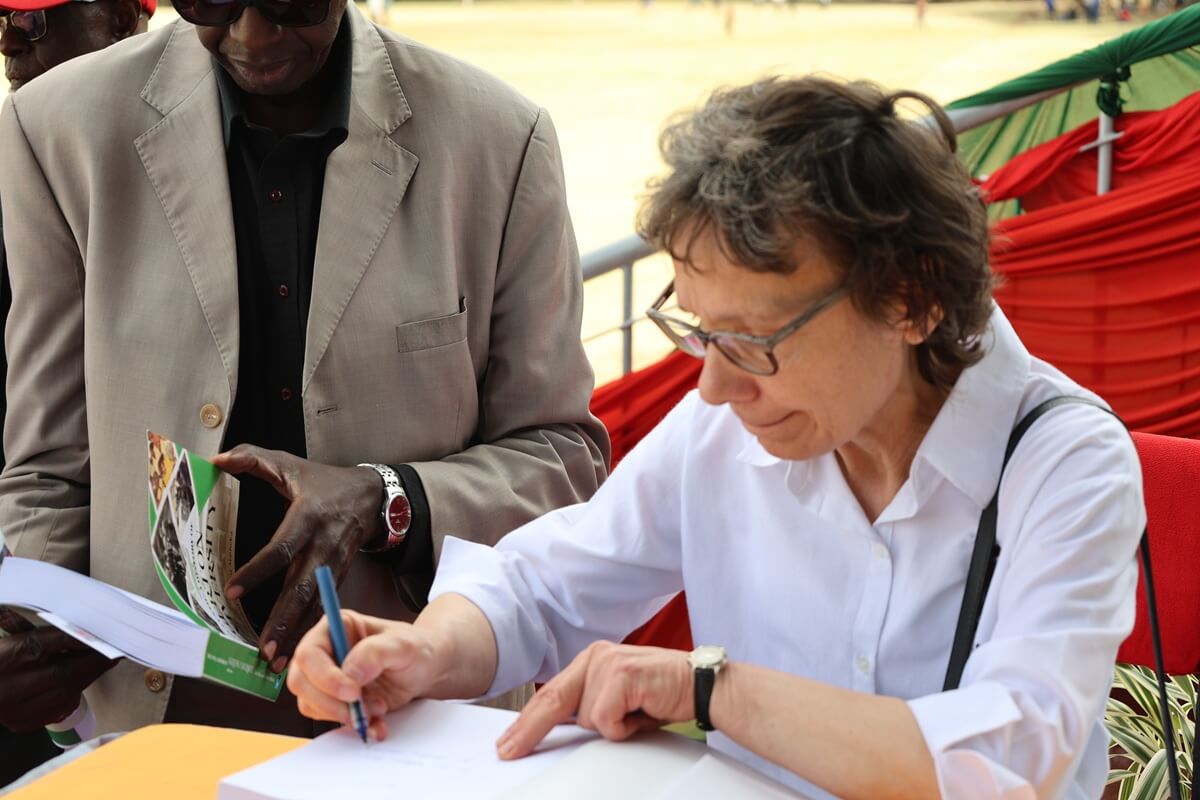Egerton University continues to sharpen its identity as a mission-driven institution. Speaking during a televised interview on 23rd November 2025, the Vice Chancellor Prof. Kibwage emphasized the university’s evolution from a purely agriculture-focused institution to a comprehensive university offering a wide suite of academic programmes that remain rooted in national needs.
According to the VC, Egerton’s growth is anchored in its mission and vision. “Our responsibility is to develop citizens who contribute meaningfully to society,” he said.
Egerton’s research footprint remains one of its strongest pillars. The University manages a portfolio valued at 2.4 billion shillings, largely built on agricultural research. This includes new varieties of legumes, beans and groundnuts that have gained strong uptake. Other faculties, including Engineering & Technology, are now joining hands to address emerging issues from farmers and communities across the country.
The VC highlighted the need for stronger national investment in research, aligning with the President’s call for Kenya to work towards allocating at least 2 percent of GDP to research and innovation. Locally, the National Research Fund (NRF) has supported Egerton researchers developing innovations such as improved sorghum variety. These efforts directly support Kenya’s food and nutrition security agenda.
On the GMO debate, the VC clarified that Egerton does not conduct GMO research. Developing new seed varieties at the university involves selection and breeding, not genetic insertion. Egerton will however host an international genetics laboratory under ICGEB RRC, which will expand future research capabilities.
Academic programmes continue to be reviewed regularly to keep them relevant. Periodically, Egerton invites industry stakeholders to refine curriculum and ensure graduates remain fit for purpose. The VC underscored the need for students to embrace fieldwork, industrial attachments and hands-on learning to build skills that matter in the job market.
Egerton’s partnerships also play a pivotal role. Collaborations with NRF, global universities, RUFORUM and the World Bank-funded CESAAM Centre of Excellence have boosted research outputs, publications and community-focused innovations. Alumni outcomes speak for themselves, with graduates running successful ventures and food production businesses.
The University continues to engage communities directly through field demonstrations, farmer training and extension services. From introducing grafted tomatoes in Subukia to leading sorghum innovations and supplying sweet sorghum, Egerton maintains real-world impact.
Engineering programmes remain under consultation with EBK and CUE. The VC assured students that solutions are being worked on, including free remedial courses to meet regulatory requirements.
Looking ahead, Egerton plans to consolidate and expand research, strengthen innovation structures and continue investing in PhD-level faculty. The VC called on students to stay focused on their purpose and reminded staff that student needs must always come first.
For more, click on this link: https://www.facebook.com/reel/1895604354644015
Agnes Mwangi
AR – DMRM








